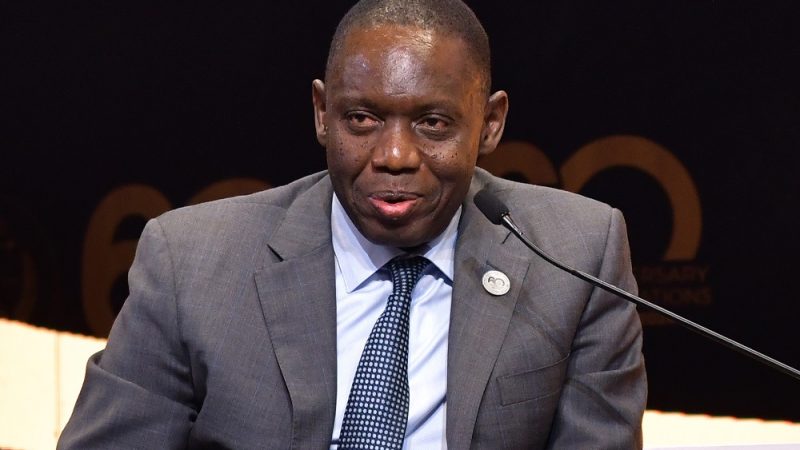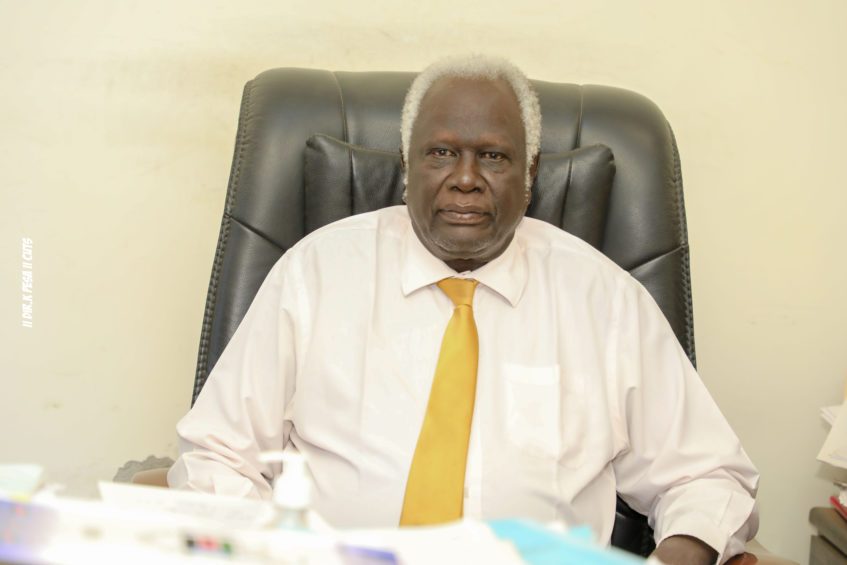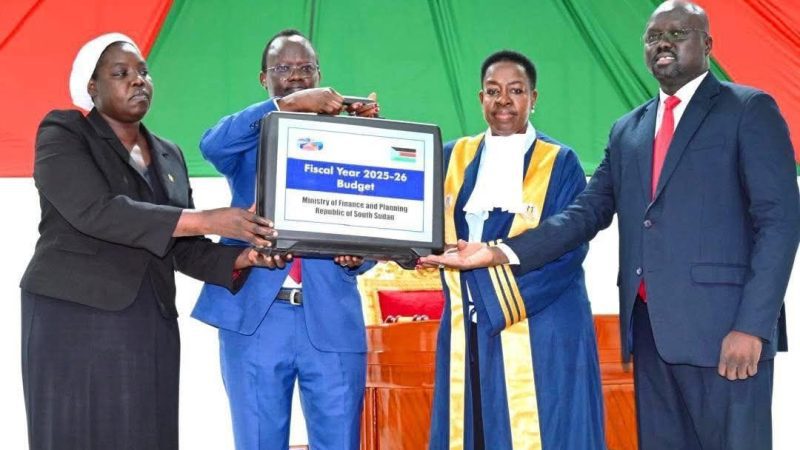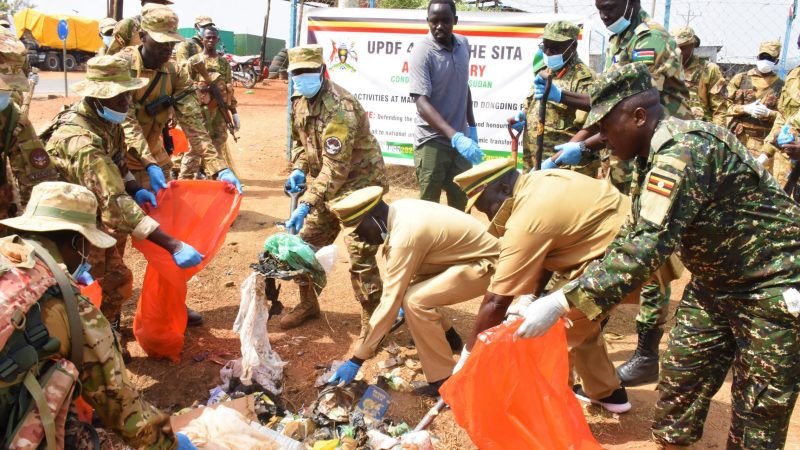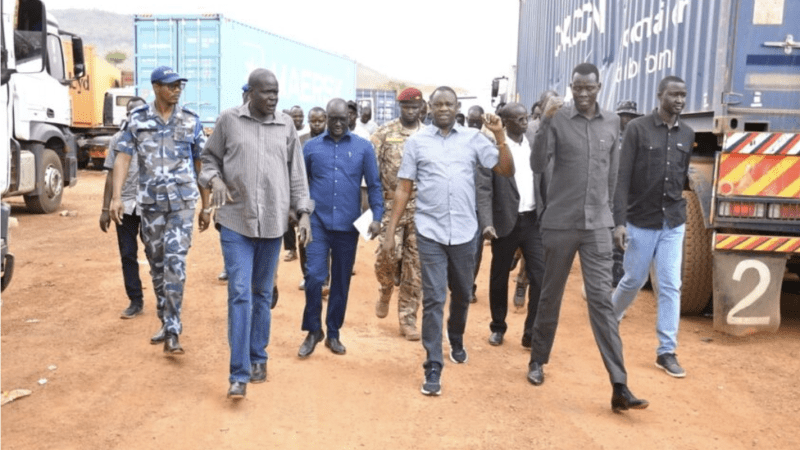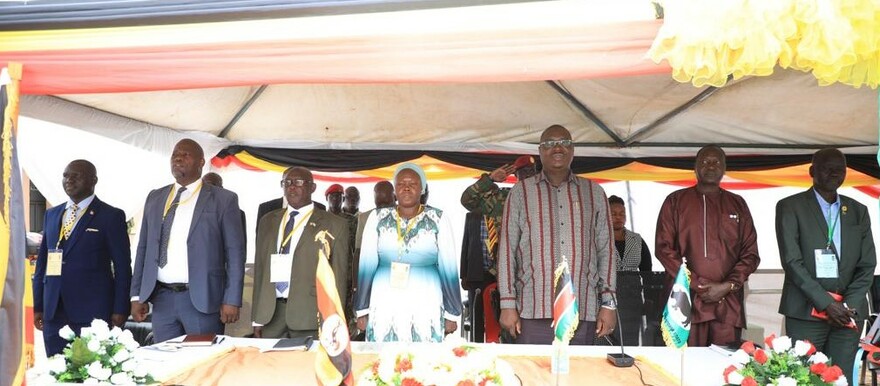South Sudan and Uganda on Friday initiated a meeting to address the ongoing border disputes between the two neighbouring nations.
Recent border disputes between South Sudan and Uganda have primarily centered on the western part of West Nile in Uganda, specifically within the regions of West Nile, Kajo-Keji County, and Moyo and Adjumani districts of Uganda.
Speaking at the event in Uganda’s Yumbe district, Anyama Williams, the LC5 Moyo District, expressed gratitude for the efforts of both countries in improving the lives of those residing in the border areas. He appealed to the governments of South Sudan and Uganda to ensure that the engagement serves its intended purpose in both nations.
“I really want to say we are very grateful to you, Your Excellency, the Governor of Central Equatoria State. This is not the first time you have demonstrated a commitment to peace. We have had these engagements several times, indicating that, together with your efforts, we all have a duty to ensure a peaceful community across the border,” Anyama stated.
He commended the local government of West Nile for their efforts and thanked the national security agents in Uganda and South Sudan for their contributions to avoiding major incidents that could disrupt peace in the area. Anyama emphasized the need for the engagement to achieve its intended purpose, as both states have economic interests to protect and promote.
Taban Data Peter, the LC5 Adjumani District, said that it is the responsibility of leaders to find a way to communicate with communities and promote peaceful coexistence while developing effective methods for resolving emerging differences.
“As we gather here today, it is our responsibility as leaders to chart a way forward on how we can engage with our communities to coexist peacefully and find better means of resolving differences through established structures,” Taban said.
He also highlighted Uganda’s open-door policy that has enabled the country to host over 1.4 million asylum seekers, a significant portion of whom are located in West Nile. Taban reminded everyone of the historical connection, as the people of West Nile were once refugees in South Sudan.
Governor Emmanuel Adil Anthony of Central Equatoria State emphasized the importance of this gathering in communicating and sensitizing local communities to maintain the stance that border demarcation is the responsibility of the two national governments. He urged against individuals taking the law into their own hands.
“The leaders gathered here should communicate and sensitize local communities to understand that the decision to demarcate the borders is the responsibility of our two national governments and has been addressed. None of us should take matters into our own hands. I appeal to this gathering to engage in discussions with sobriety, in a brotherly and sisterly manner, to avoid causing harm to each other,” Governor Adil stated.
Last month and earlier this month, border disputes arose between Kajo-Keji County in Central Equatoria State and neighbouring districts in Moyo and Adjumani.


